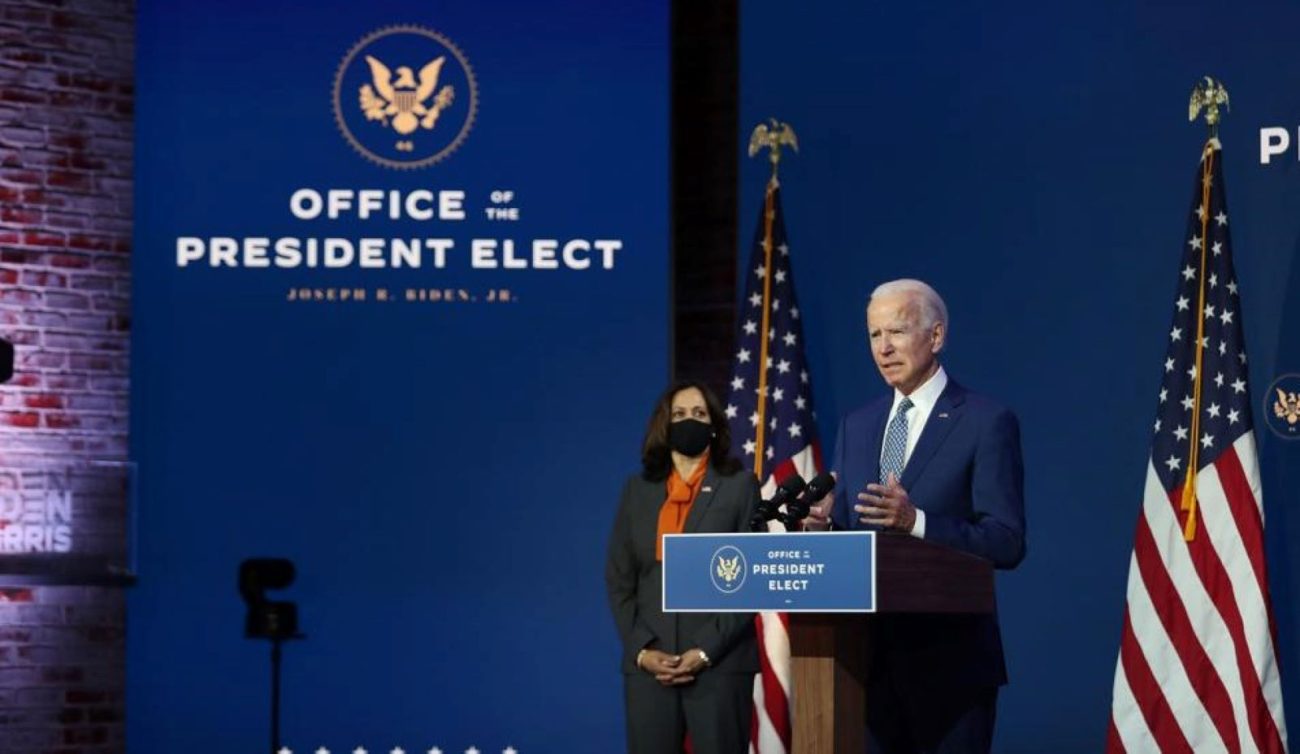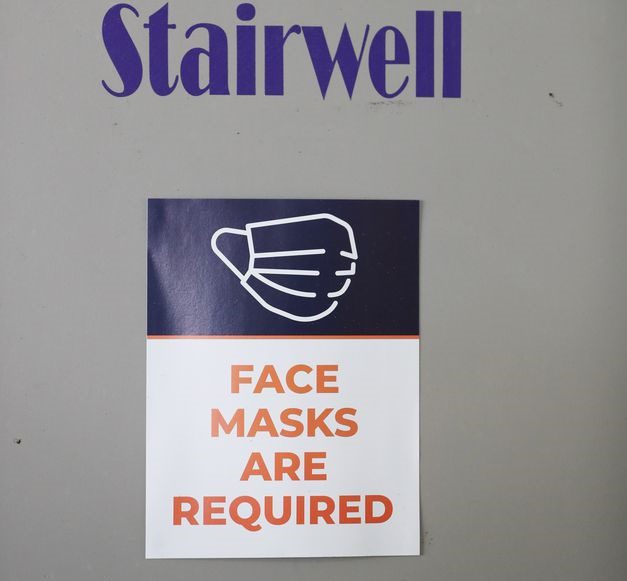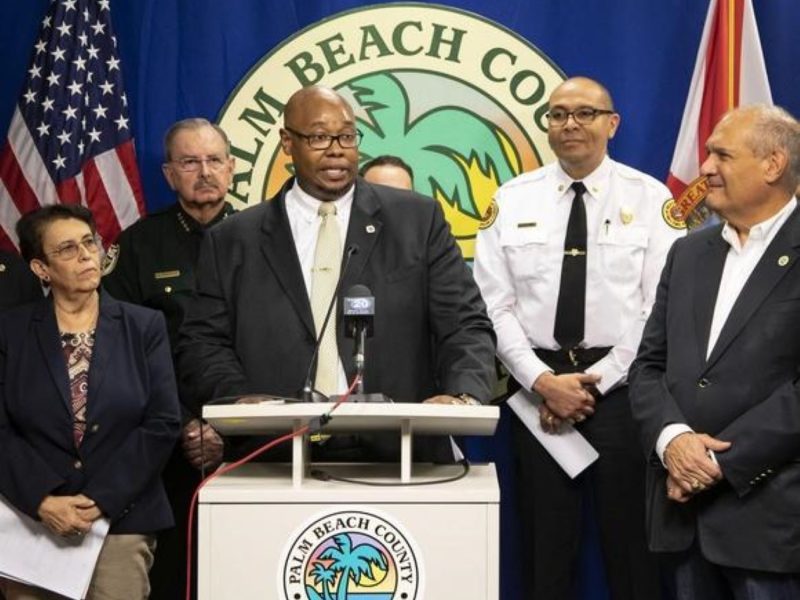This Is More Important To The Education Department Than Biden’s Choice Of Secretary
I look at K-12 policies and practices from the classroom perspective.
Forbes | Peter Greene | November 9, 2020
There are plenty of reasons to focus attention and concern on President-elect Joe Biden’s choice for Secretary of Education. After all, VP Biden was part of the administration that gave us Arne Duncan as secretary, a choice universally panned by teachers. Public education advocates are hoping that Biden will give us a career educator with the leadership chops to manage a federal department that has been up against the ropes for a few years.
But the department needs more than just a solid secretary at the helm. It needs a mechanism in place that will help it hear teachers.
Education policy discussions in this country suffer from too many loud voices of education amateurs. Yes, the department needs the benefit of people who understand the system in DC, as well as the massive financial business of student loans and grants. The world of higher ed needs to be represented. But the education department also needs to benefit from the insights of actual education experts, the practitioners in the field. Public school teachers. And not just one at the top—lots of them.
The future secretary, whoever she might be, should have ready access to a panel of actual public school teachers. It should be a large, diverse group, including teachers from rural and urban public school districts, teachers of all disciplines and grade levels, teachers of all races. The group should be convened electronically on a regular basis, and should be on call in the event that the department finds itself in need of expertise on a particular issue. Every report and white paper churned out by advocacy groups and think tanks should be run past this panel of people who can answer the question, “Would this really work in the field?”
The department has had teacher “fellows” in the past, just a handful of teachers selected in part to put a teacher face on department ideas. And while recruiting teachers to come physically work in DC has its appeal, that’s an idea for the pre-internet age. There is no reason for the secretary not to have a broad network of practicing public school teachers at her fingertips, accessible by screen, phone and email.
Members of the network should not be screened based on how well they agree with the administration’s preferred ideas. Nor should they be rounded up by way of any one source (e.g. the unions). They should be career educators; nobody who spent two years in a classroom beefing up their resume under Teach For America qualifies.
The department needs to be infused with the voices of the country’s actual education experts—teachers. I hope whoever sits in that office in DC builds that support network. It’s time for the department to rely on real expertise.





